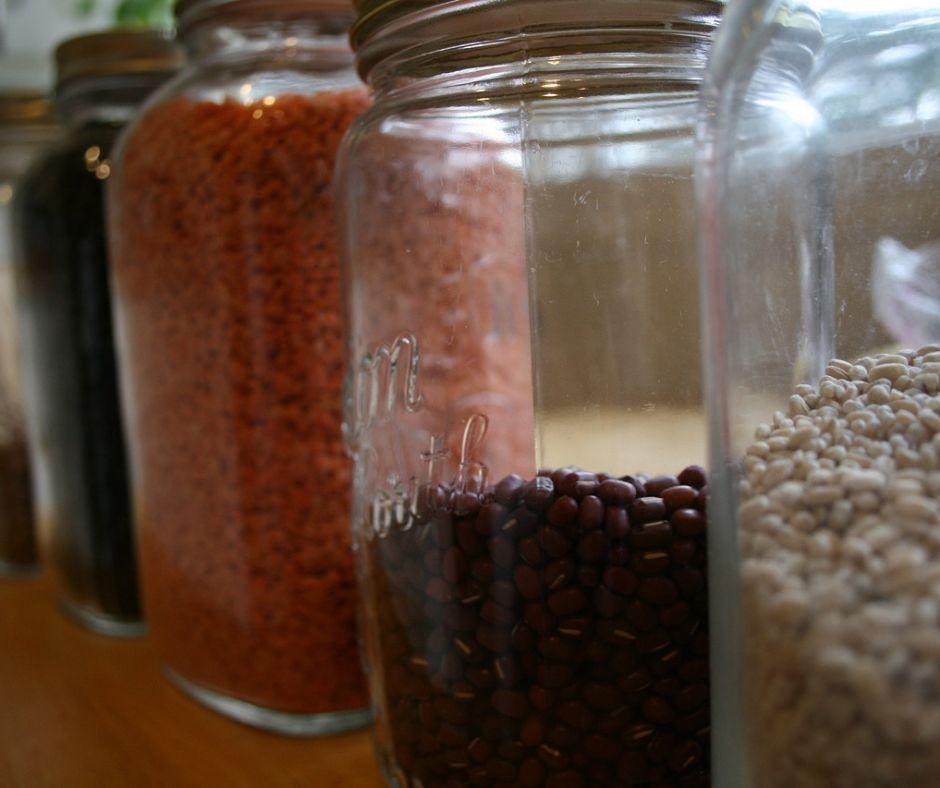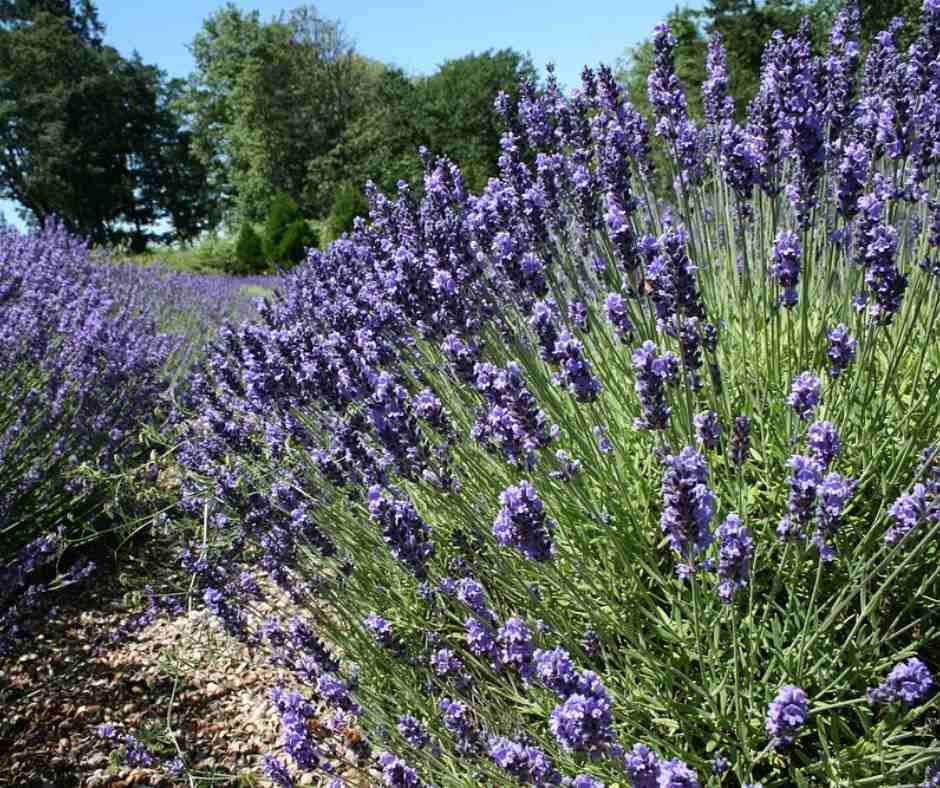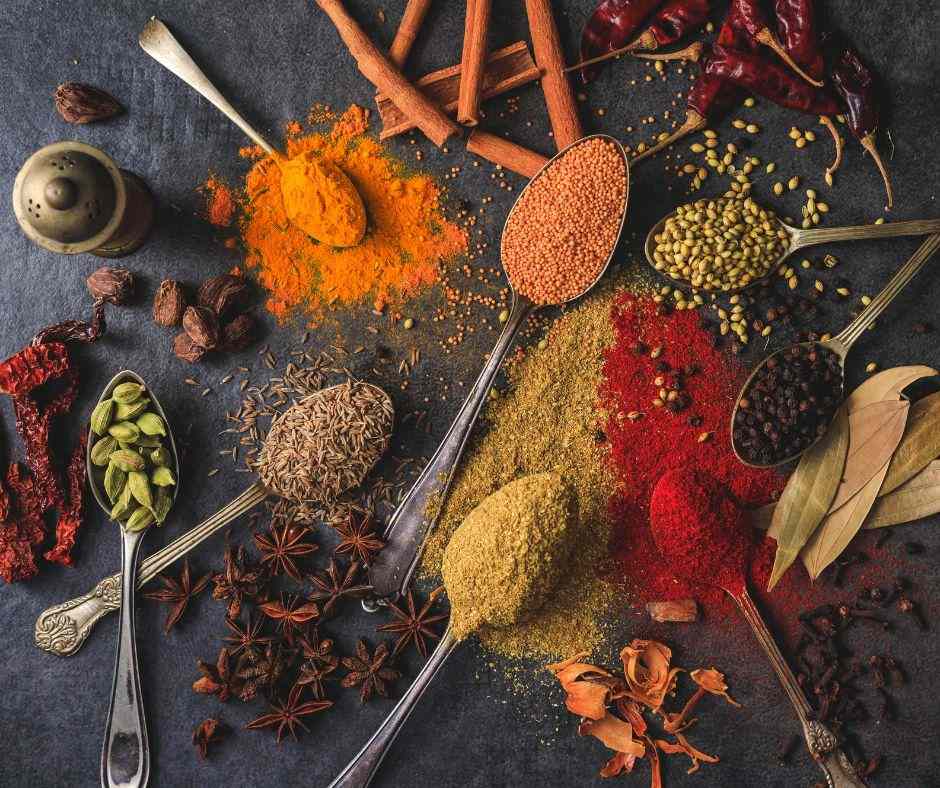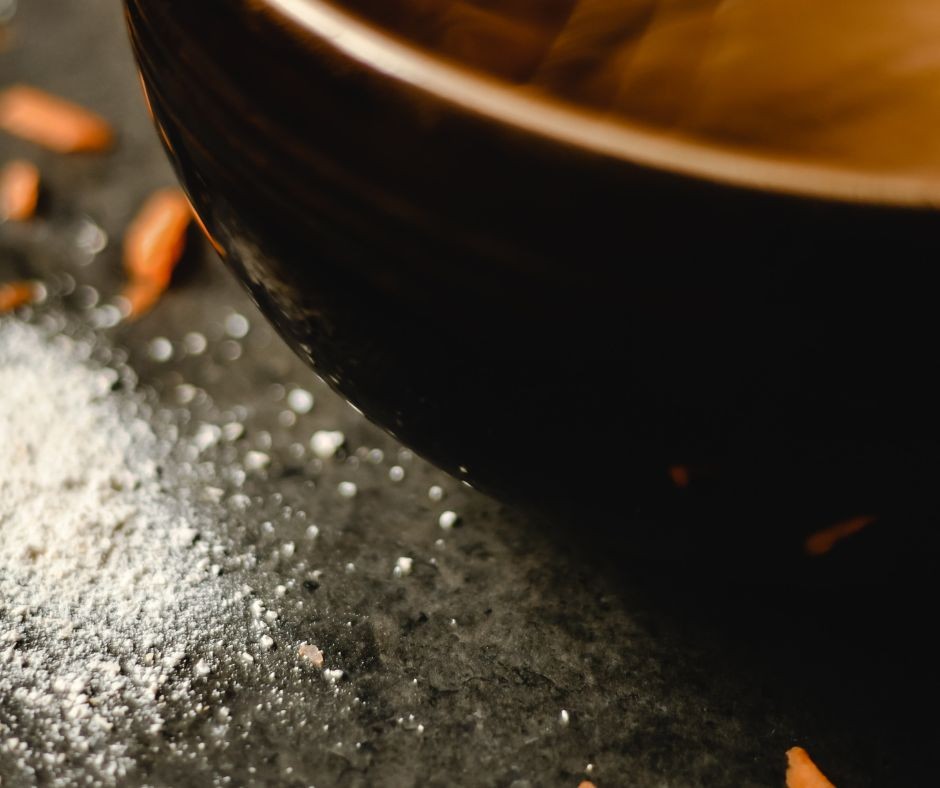Green and red lentils, black beans, kidney beans, mung beans, chickpeas, adzuki beans, navy beans, and so many more! Beans and legumes are used around the world as a staple food, and are a wonderful part of a healthy, whole, plant based diet. They provide variety in the diet, a protein source for vegetarians, and they’re delicious too.
For vegetarians in particular, adding beans and legumes to meals helps to lower the high glycemic load that other foods like carbohydrates may create
What are the easiest beans to digest? Some people have difficulty digesting beans, and miss out on all the nutrition and variety they provide.
But rest assured! With these few tips most people have no problem eating a variety of beans and legumes. For people who don’t have difficulty digesting beans, it’s still a good idea to implement these tips to optimize digestion.
Tips to Digest Beans:
Proper Storage
Use dried beans instead of canned beans in order to avoid extra sodium, additives, and chemicals. It takes a little preparation, but it can be quite easy once you’ve developed the habit. It’s also cheaper. Dried beans can be found in the bulk section of your grocery store.
If using dried beans store them in an airtight container, and be sure to use beans and legumes within 3-6 months. After this period of time many beans become very hard, and no amount of cooking will soften them.
Choose the Right Beans
Some beans and legumes are much more difficult to digest than others. If you’re sensitive, or you want to stick with beans that are easiest to digest, start with aduki, lentils, mung beans, and peas. Avoid cooking with soybeans – they’re the hardest to digest.
Rinse and Soak Beans and Legumes
Whether you’re using canned or dry beans, begin by picking any foreign matter out. Then rinse the beans or legumes. For dry beans, soak in water overnight (8-12hrs). Place beans in a bowl and cover with water. Discard soak water the next day, or use it to water your plants! Different kinds of beans and legumes have different cooking times and water amounts for cooking.
Use Seaweed
Once you start cooking, add a few strips of kombu or wakame seaweed (this can be found in your health food store). Seaweed helps to break down some components, like phytic acid, that make beans and legumes harder to digest. If you break the seaweed up before adding it to the water it will dissolve and you won’t even know it’s there. If you’d like to avoid the strong salt flavor, rinse the seaweed in a small bowl of water before adding it to your beans, soup, or stew. Learn more about seaweed here.
Add Asafoetida
Asafoetida is an Ayurvedic/Indian herb. Add a few pinches near the end of cooking beans. You can find it at some grocery stores, or Indian food markets.
Apple Cider Vinegar
Near the end of cooking your beans add a tablespoon of apple cider vinegar, or a citrus like lemon or tomato, to further help the breakdown. Remember though – only add it near the end, or it will make the beans harder!
Sprouting
Sprouting is another way to eat more beans and legumes. Sprouting beans is also one of the easiest ways to digest beans. In the winter and fall sprouting and then steaming those sprouts may be easier for digestion. Check out my article on sprouting here.
I hope these tips help you to find the easiest beans to digest, and helps you enjoy beans and legumes more often!








